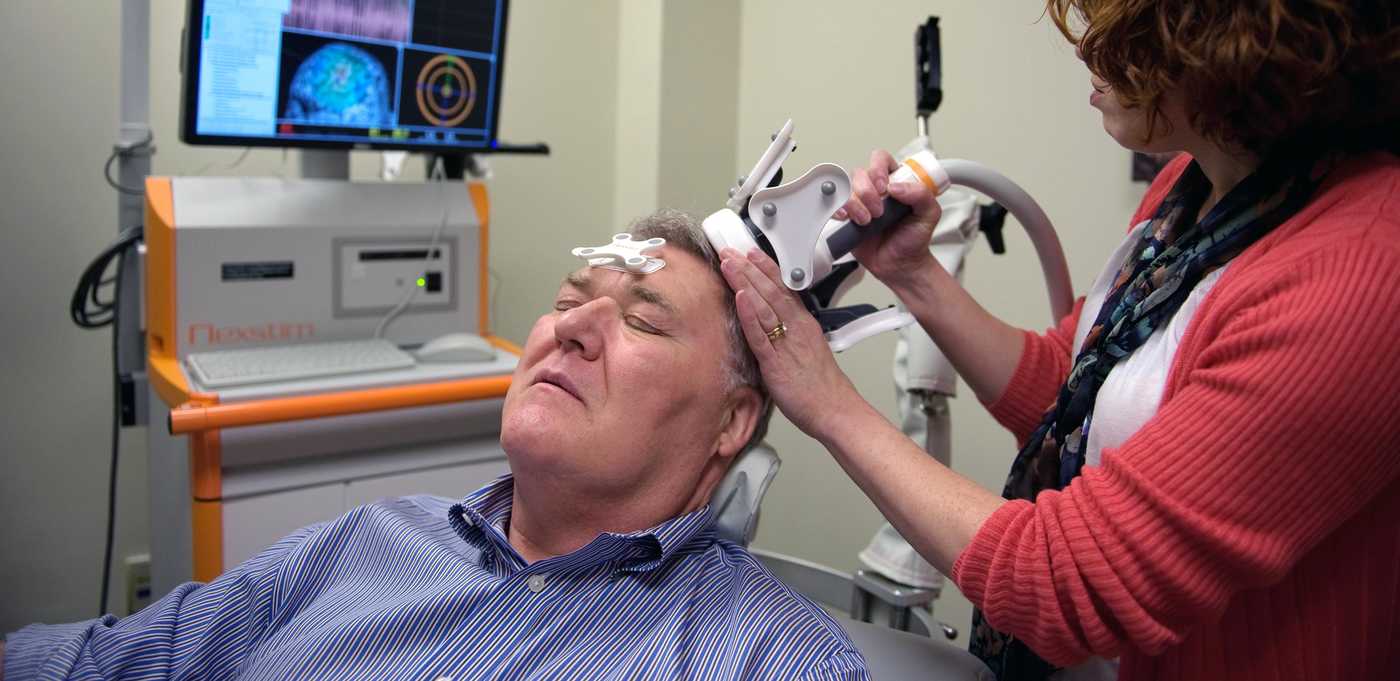Safety After a Stroke: Tips for Survivors and Caregivers
After a stroke, a person may experience problems with judgment, decision making, motor control and impulsivity. Therefore, personal safety must be a priority to prevent re-injury.
While it is important to promote independence, it is necessary to make sure the environment is safe.
Important Fact: Most accidents occur in the kitchen and bathroom, the places where people spend the most time.
Do you have any of these objects in your home?
Common household items including car keys, medications and sharp objects may not have previously been dangerous to keep in your home. Since having a brain injury, it is now important to keep your surroundings clear and free from sharp objects, fire hazards, medicines, poisons, heavy machines and weapons.
Please keep these potentially dangerous items locked up away from loved ones. You may still keep these items in your home but they now require special safeguards, ideally LOCKED UP.
Personal Safety – Steps to reduce behavioral issues including overstimulation, confusion, and aggression
- Limit number of visitors and length of visits.
- Avoid events that are noisy and crowded.
- Avoid alcoholic drinks/drugs.
- Ask your doctor before taking new medications.
- Keep the day as structured as possible.
- Get enough sleep and take rest breaks throughout the day.
- Wear a MedicAlert bracelet.
- Keep light source (including flashlight) in easy reach. Maintain good lighting in all environments.
In this section you will find information on the following areas that pertain to safety after a brain injury. Not all of these will affect everyone that has sustained a brain injury.
Home Access and Safety and Safety Checklist Worksheet


